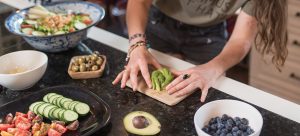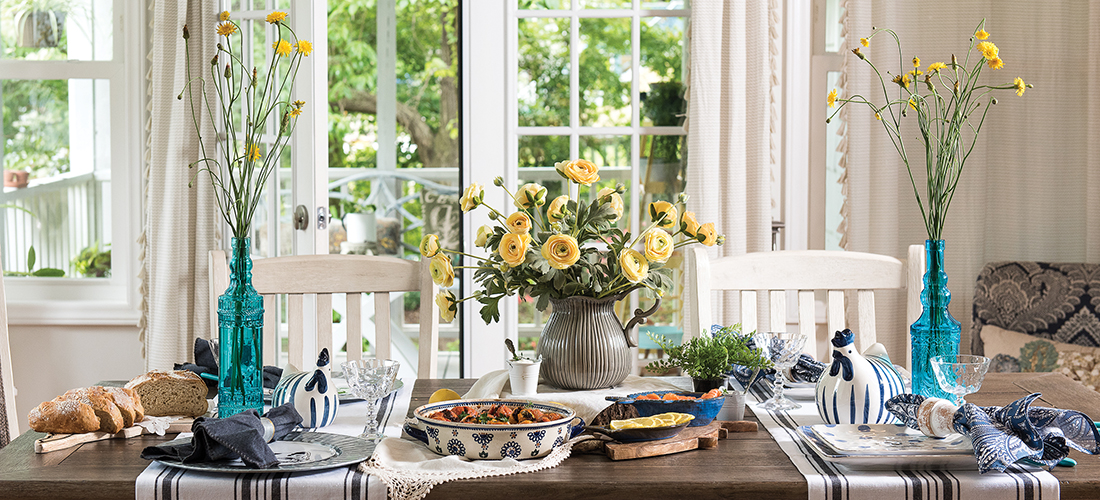
Instagram tastemaker Guyla Lloyd creates a new home and life in Greensboro
By Maria Johnson • Photographs by Amy Freeman
Gulya Lloyd stands at her kitchen counter, swaddled in the sounds of a peaceful spring afternoon. A kettle of water simmers on the stove. A breeze sighs through an open window, nudging the white lace curtains that Gulya made. Her husband, Rob, taps on a laptop nearby. Their rescue dog Sonny pushes kibble around his dish with a soft metallic scrape. Birds trill from a stand of bamboo outside.
“For now, I make pancake,” explains Gulya, who spent her youth in the Russian republic of Dagestan. “Pancake very easy. This is Russian tradition. Every day. Every week.”
Her Instagram followers, all 15,000 of them, see lots of thin pancakes, stuffed and styled in endless variety on @Gulya_Lloyd, her Instagram page, where she fuses her love of photography, cooking and home design. Her style is distinctive, knitting together cottage and country elements with the Danish idea of hygge (pronounced HUE-guh), which translates to “cozy.”
But Gulya’s home is not a trendy copy lifted from magazines or Pinterest; it’s the ongoing expression of an artistic person who won’t rest until she creates what she sees in her mind and feels in her heart.
Like these dessert pancakes — crepes, basically — which soon will be stuffed with sweetened sour cream and juicy strawberries.
She pours two cups of milk into a glass measuring cup, cracks an egg into the liquid, and dips the tip of a sharp knife into a jar of crystalized vanilla. She extracts a small triangle of white powder.
How much is that?
She shrugs. “My eyes measure.”
A pinch?
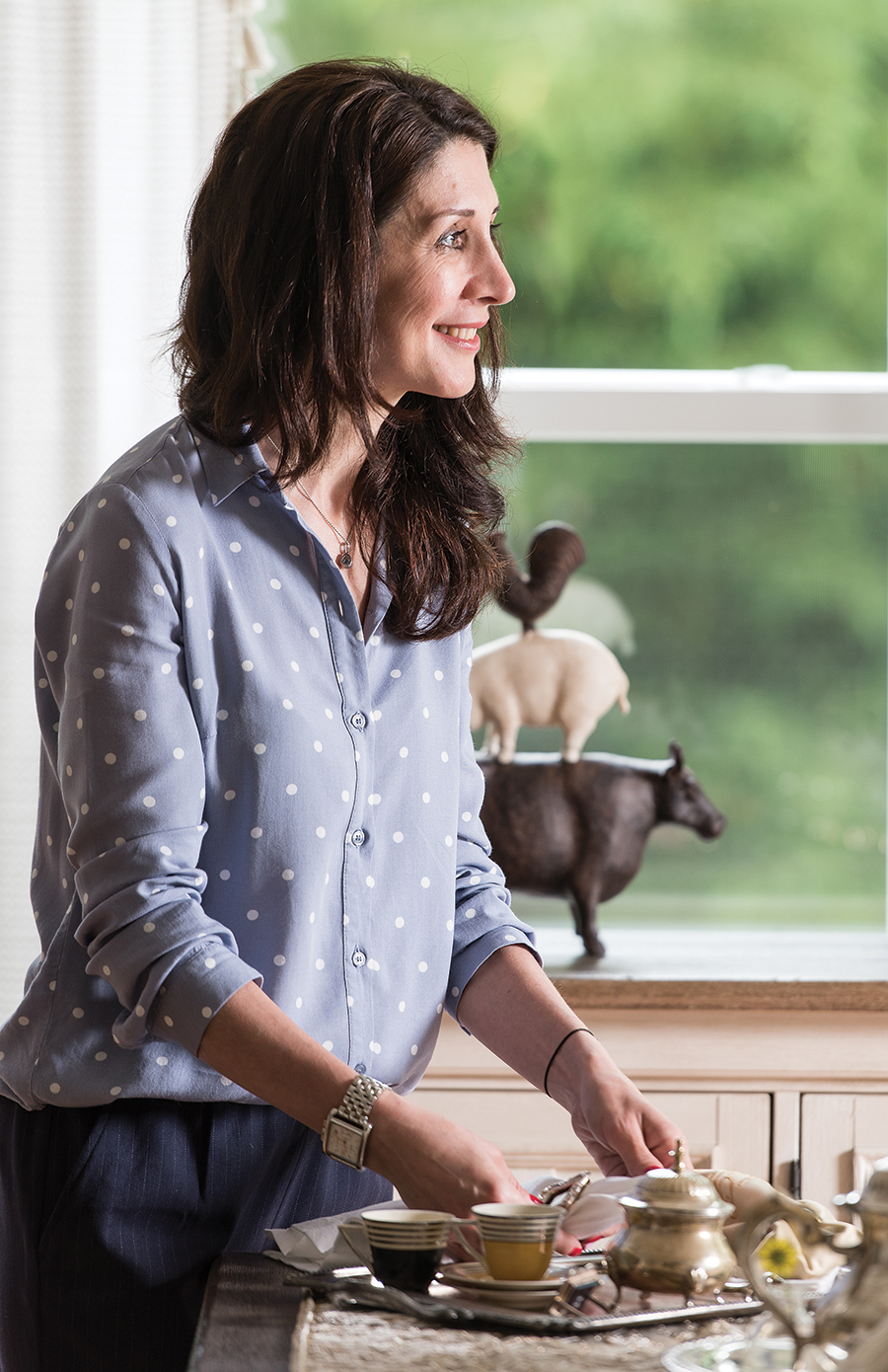
“Pinch vanilla,” she agrees.
She pours in a thin ribbon of vegetable oil and whisks the mixture, then reaches for a canister. “Flour, maybe one cup and half,” she says.
She sprinkles a tablespoon of sugar over the cup and reaches for a box of salt. “Pinch salt,” she says, happy to deploy the new word.
She whisks more. “Sometimes people use mixer,” she says, her hand whirling.
By now, Sonny is scratching his own back, wiggling belly-up on the natural-colored jute rug in the middle of the kitchen floor.
Wait a minute. Wasn’t white-washed table on that rug a few days ago?
Gulya nods and points to the table, which is now positioned under a nearby window. Rob, freshly retired from 26 years in the U.S. Army, chimes in from across the room.
“Two weeks ago, the table was this way,” he says, aligning his hands with the short axis of the room. “Now, it’s this way.” His hands pivot 90 degrees. “Two weeks from now, who knows?”
“I’m always change,” says Gulya, her brown eyes smiling.
The biggest change in her life happened three years ago, when she married Rob.
They met through family. Rob’s brother, also a U.S. Army officer, is married to a Russian woman, and her mother worked with Gulya in the office of a Moscow construction company.
The mother talked up Rob to Gulya.
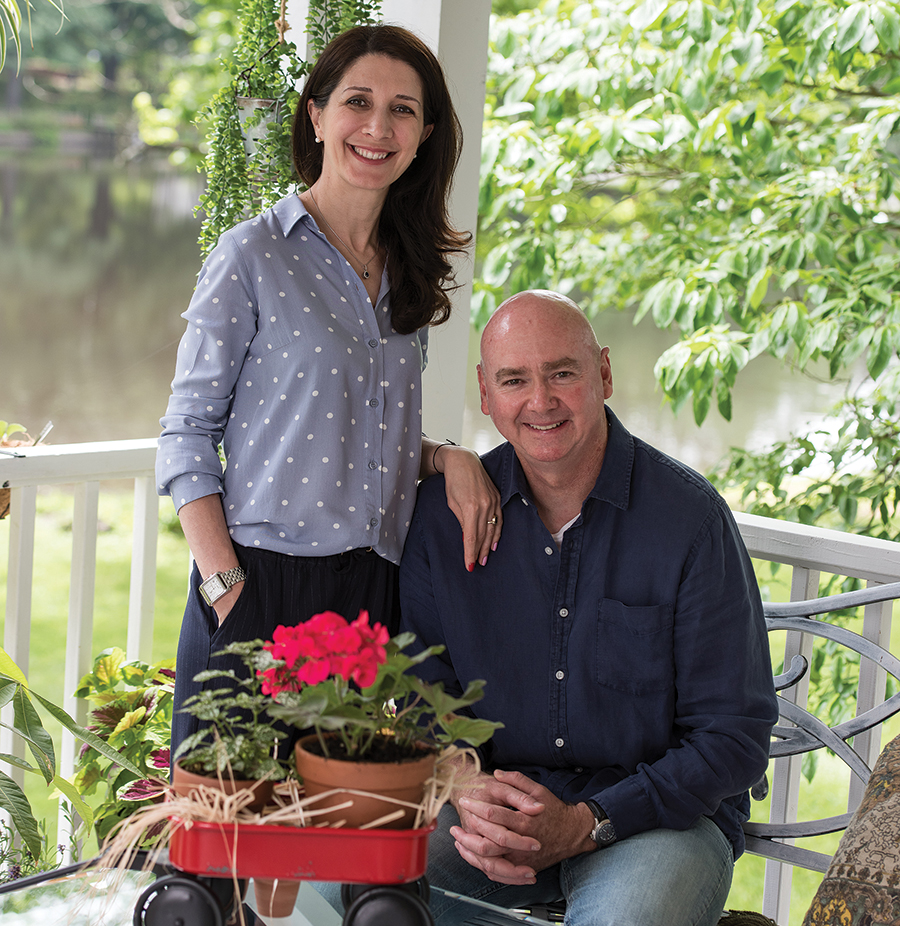
The sister-in-law talked up Gulya to Rob.
Neither was very interested. Gulya was 36. Rob was 47. Both were confirmed singles focused on their jobs. They enjoyed traveling and living independently.
They reluctantly agreed to start an email correspondence in February 2014. They wrote in their native languages. It did not go well.
Gulya ran Rob’s emails through a Google translation program. They made no sense to her.
“I say, ‘What you talk about?’” she remembers.
He processed her emails with a military translation program. In one email, Gulya asked Rob about the qualities American men typically like in women.
The military translation: Did Rob like protected sex?
Rob, a native of northwest Texas, was taken aback.
“I was like, ‘Well, maybe. Eventually. But not from the get-go.’”
No, this would never work.
Gulya plucks the kettle from the stove and measures two tablespoons of steaming water.
“Hot water is secret. Hot water makes a little bit of that,” she says, touching the eyelets in the lace curtains.
Air bubbles? She nods.
No baking soda or baking powder in these pancakes?
She grimaces, clenches her teeth and taps her incisors.
Those ingredients set her teeth on edge?
She nods.
They met for the first time in August 2014.
He tacked a side trip to Moscow onto a vacation to Germany.
He and Gulya had a good time, but communication was difficult, and they were always in the company of her friends.
They were alone, for the first time, at Christmas later that year when Gulya visited Rob’s brother and sister-in-law in South Carolina. Gulya gave Rob a book of pictures she’d taken in Moscow.
“From Russia, With Love,” it was titled. The last page bore a message: “To be continued.”
Rob, a civil affairs manager who’d served in Bosnia, Iraq and Afghanistan and was posted to his last assignment at a reserve unit in McLeansville, North Carolina, had resisted Gulya’s invitations to Skype. After the meeting in Charleston, he decided video conferencing would be OK.
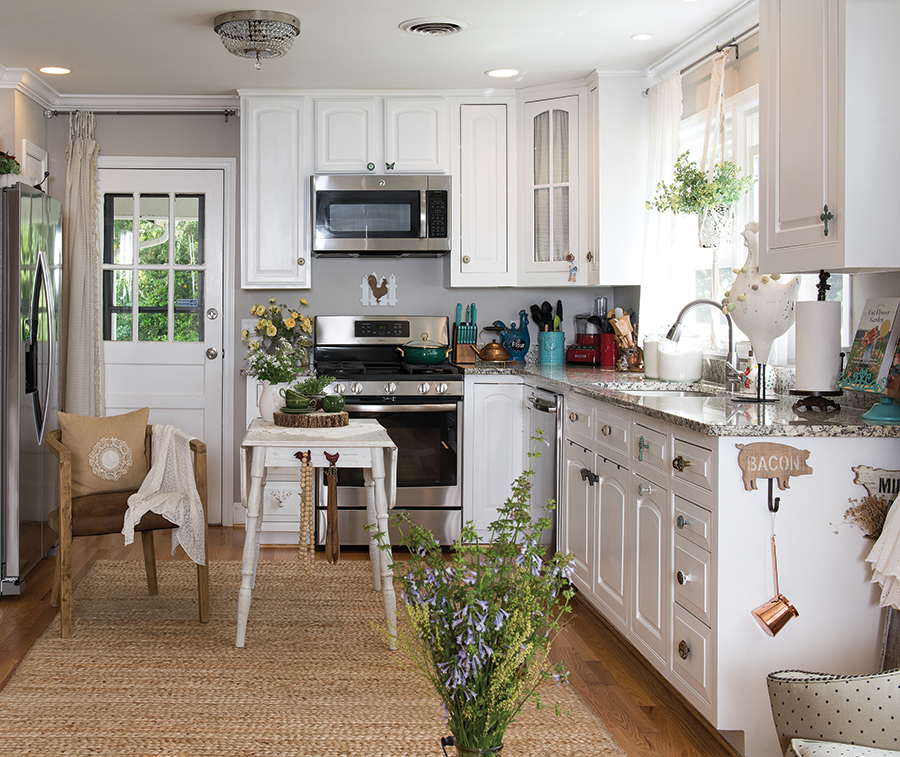
“I went to the dang Apple store and bought an iPad,” he says.
Gulya turns up the flame on the gas stove and pours olive oil into a nonstick pan. She ladles in the batter, swirling the pan until the liquid thins to an 8-inch round. Bubbles appear and pop, making eyelets in the pancake.
Gulya points to them with her spatula and smiles. The effect of hot water.
How old was she when she started making pancakes?
Sixteen, she says. That’s when her father threw her, her mother and her brother out. They stayed in Dagestan, she continues, but they had no money, and she was bullied by schoolmates.
“They say, ‘She is not nice girl because her mama and papa divorced,’” she recalls.
Her mother took her and her brother to Moscow.
“She say, ‘We will work. We will be OK,’” Gulya remembers.
Late at night, Gulya baked bread. In the morning, she carried it to a store to sell. When she needed more money, she made honey cakes for weddings and parties.
She baked her way through university, where she took degrees in biology and economics.
The family lived in a series of 11 apartments. Gulya painted and decorated them, but landlords often evicted her family so they could rent the improved properties to others for more money.
Finally, she bought her own apartment.
“It could have been in a magazine,” says Rob, recalling his visit to Moscow.
There, as here, her palette was light and soothing: Whites, creams and beiges, fair woods and fibers, pale silk flowers, small collections of silver, copper, brass and porcelain.
Bold colors and dark lines played second fiddle.
“I say, ‘No dark color!’ I want light, light, light!” she says.
“She’s had some dark areas in her life,” explains Rob.
He proposed one year, to the day, after they began corresponding. They were married by a justice of the peace in Fayetteville in September 2016. The following February, they repeated their vows at a church wedding in Texas. With military precision, the church nuptials occurred precisely two years after their engagement and three years after their first communication — on “17 February,” as Rob puts it.
Their first year together was not as orderly.
Gulya spoke only a few words of English. They communicated with gestures and translation apps on their cellphones. On Gulya’s first morning in this country, Rob went to work and she slept in. When she woke up, she went to the refrigerator to see what she could find for breakfast.
“Zero. Only one bottle beer,” she says.
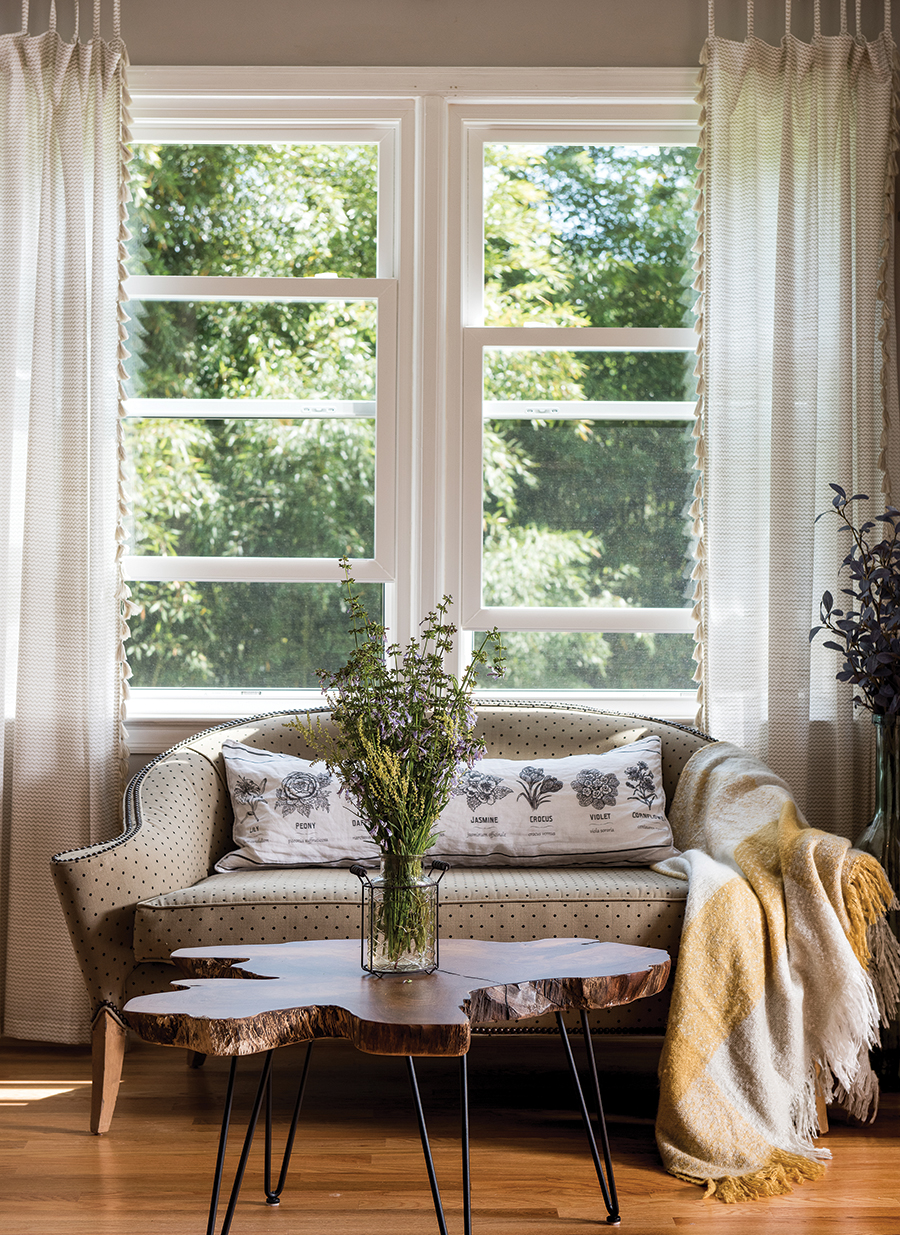
She went back to bed.
When they went grocery shopping, she asked if he liked grapes. Nope, he said. Yogurt? Nope. He missed what she was trying to tell him.
He cooked what she describes as “crazy food,” like ground beef with chopped bell peppers, ketchup and beer.
She refused to eat. She felt sick and hungry, emotionally and literally.
“We were communicating, but not really communicating,” Rob says.
Gulya called her aunt in Belarus, who advised: “He not understand what you want. You tell him.”
At the same time, Rob followed the counsel of an Army chaplain and his mom, who told him essentially the same thing: ‘‘Boy, don’t screw this up.’’
He started asking Gulya what she wanted.
She longed to cook the foods she liked: fresh bread, homemade yogurt, salmon, soups, couscous, sweet and savory rice, stuffed grape leaves and cabbage leaves, meat and potatoes in pastry pockets, sushi, fresh ravioli and pasta. Gulya had absorbed some recipes on her travels to Thailand, France and Dubai.
Then, of course, there were the desserts that her bakery clients and co-workers had loved in Moscow: layered honey cake, fruit-stuffed pancakes, pies, bundt cakes, fruit-nut-and-caramel bars.
Sometimes, Rob shared her desserts with his co-workers, who joined the chorus: “Boy, don’t screw this up.”
Together, he and Gulya made a budget and saved money. In December 2017, they ditched apartment living and bought a house: a 1960s three-bedroom ranch in Greensboro’s Sedgefield Lakes neighborhood. Empty for a long time, the for-sale-by-owner home had been painted and updated inside and out.
Slowly, Rob and Gulya are transforming the home to a warm and unique place. They shop at their favorite stores — Hobby Lobby, Michaels, The Red Collection, TJ Maxx, Ashley Furniture, and Gulya’s favorite, World Market.
“World Market need pay me!” she teases.
They acquire little by little. When Gulya wanted some colorful Polish dishes at World Market, they bought a few plates, snared a coupon for spending a certain amount, and waited until Rob’s next paycheck to buy more.
“That’s what I really love and respect about her — she understands that life is not a race. It’s a walk, step by step,” he says.
He admits it took him a while to be comfortable buying furniture and accessories that weren’t absolutely necessary. “Initially, I was like, ‘Geez, we have to save our money.’ I grew up with the basics,” he says. “As long as you had a roof over you head, and food, it was good. I was kind of a black-and-white guy.”
Gulya grew up in a spare situation, too, but she could look at a space and see what it could be — in full color. “I say, ‘I see in my head. It will be nice,’ ” she says. “I’m vision person.”
Gradually, she convinced Rob.
“When I saw the outcome, I was like, ‘Oh wow, this is nice,’” he says. “Now, I say, ‘Hey, you know what? If it makes you happy, and it doesn’t break the bank, let’s do it.’ Her vision is a gift I envy.”
Along the way, he has gained confidence in his aesthetic judgment. “Now, I’ll pick up things at the antique store and go, ‘What about this?’” he says.
He admires Gulya’s ability to renovate second-hand items.
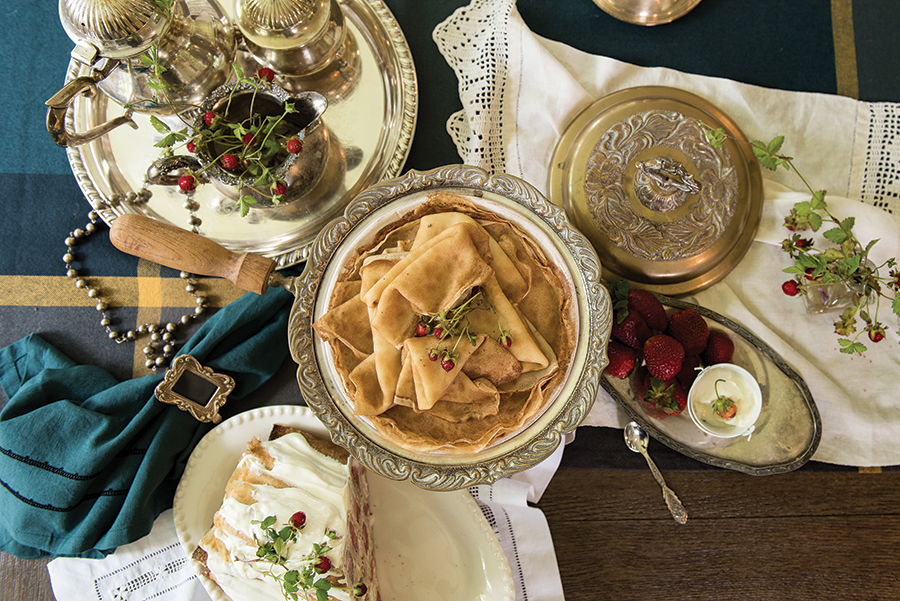
She brushed white paint over a wooden coffee table and grouted the top with blue-and-white tiles, completely changing the tenor of the piece. She polished tarnished silver bowls and pitchers — bought in boxes of odd lots — and arranged them artfully on an étagère. She purchased antique German teacups, glued them to rustic wooden trays from Walmart, and hung them on the kitchen wall for a cheerful display.
After Rob contributed three days of sanding, she lightened his “bachelor brown” bedroom suite to leaven their guest room. She sewed curtains for several rooms. She used fabric scraps to make seasonal decorations.
“I’m start 6 a.m.,” she says. “All day, I’m without stop.”
On their back porch, she cultivates geraniums, coleus and zinnias for color, basil for the table, and a money tree for financial good fortune.
“All the other plants can die, but that one had better survive,” Rob jokes.
For her Instagram page, which she started last year, Gulya uses all of her domestic ammunition — food, flowers, furnishings, tableware. She positions and repositions, shoots and reshoots, styles and restyles with an eye to the right composition and light. She deletes hundreds of pictures that don’t meet her standard.
“Maybe some people like it, but my eyes do not like,” she says.
Many of her Instagram followers live in Russia and other countries.
“I have a lot of messages,” she says. “People send me pictures of their room and say, ‘Gulya, help me!’ I say, ‘In different country it’s hard to help.’ ”
Where is she heading with her skills?
Maybe she’ll conduct classes in baking and design. Maybe she’ll work for a decorator or photographer. Maybe she’ll go to culinary school.
“I’m open,” she says, smiling and shrugging.
Most likely, she’ll do what she has always done — go where life takes her and make it as beautiful as she can.
Twenty paper-thin, brown pancakes — that’s what the recipe made. They’re stacked densely on a small plate. One by one, Gulya peels them off and slathers them with sour cream kissed by powdered sugar. She slices fresh strawberries, stripes the bleeding hearts across sour cream, rolls the pancakes into spirals, and stacks them in a triangle. Many rolls make up the triangle’s base, fewer make the next layer, and so on. She frosts the mountain with the remaining sour cream.
Last year, she visited her mother and brother. Her mother asked her if she missed Russia.
Of course, she said yes.
When she got back to Greensboro, the refrigerator was empty. So was the freezer she’d stocked for Rob. But her creations were still there, and her husband was still there, happy to see her. Gulya felt something she could not tell her mother.
She was home. OH
Maria Johnson is a contributing editor to O.Henry.
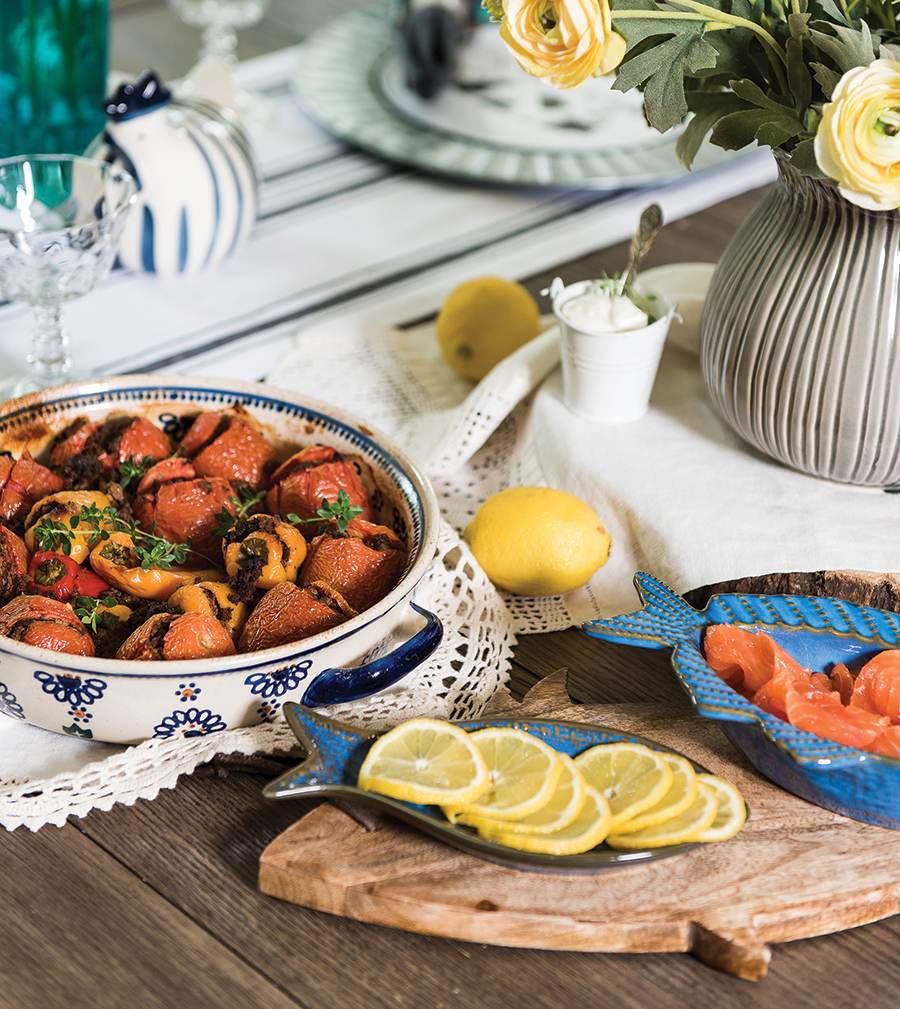
Salted Salmon
Ingredients:
1 pound salmon
1 teaspoon sugar
2 tablespoons coarse-grain sea salt
2 tablespoons bourbon or cognac
2 sprigs fresh dill, chopped
1 tablespoon olive oil
Lemon wedges for serving
Preparation:
Rinse salmon with cold water; pat dry with paper towel. Place salmon in large glass dish.
Mix together sea salt and sugar; sprinkle evenly over top and bottom of salmon.
Pour the bourbon or cognac on top of the salmon; sprinkle with fresh dill.
Tightly cover the dish and refrigerate for 2 days, turning the fish after the first day).
To serve, place the salmon on a cutting board, pat dry with paper towel. Slice the salmon into small, thin pieces. Drizzle with olive oil. (If not serving immediately, transfer slices to glass jar or jars, add the olive oil and refrigerate until ready to serve.)
Serve with lemon wedges, if desired.
Stuffed Tomatoes
Ingredients:
2 tablespoons butter
1 onion, finely chopped
10 small tomatoes
1 pound 85 percent lean ground beef
Salt and pepper to taste
Preparation:
In medium skillet, over medium heat, melt butter. Add onion and sauté until golden, 5-8 minutes.
Stir in beef; cook, stirring, until browned, and liquid mostly evaporates. Season with salt and pepper.
Cut off the top off of the tomatoes and scoop out flesh into an oven-safe dish, leaving a shell for stuffing. Stuff the tomatoes with the meat/onion mixture and place on top of the tomato flesh in the dish.
Cover dish with aluminium foil (do not add water). Bake in preheated 350-degree oven 30 minutes. Remove foil; return dish to oven and cook until the tomatoes are golden color, 10-15 minutes. Serve hot.
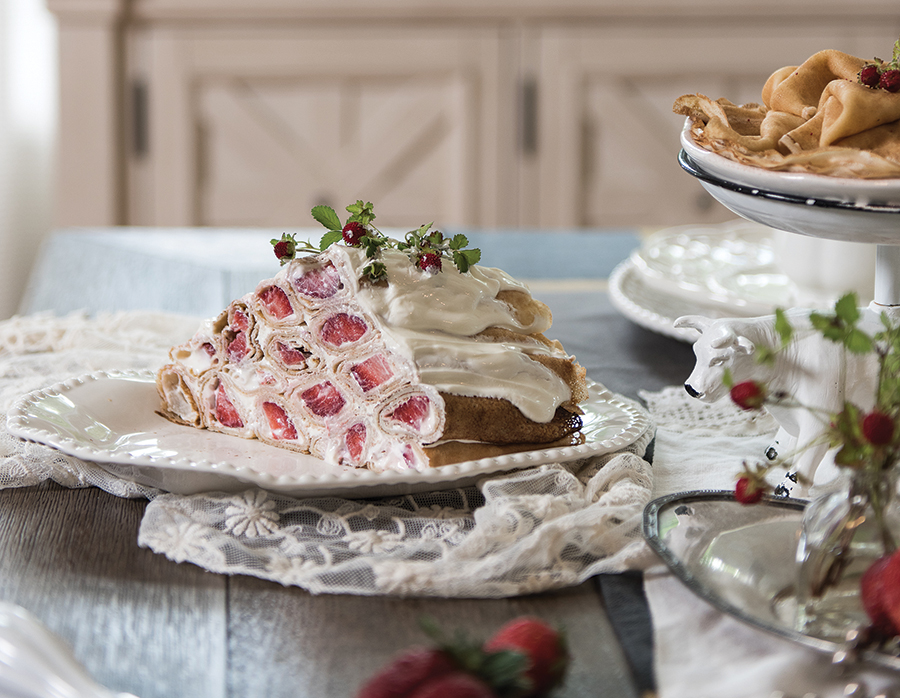
Pancakes with Strawberries
Ingredients:
2 cups whole milk
1 egg
1 tablespoon sugar
Pinch salt
2 tablespoons vegetable oil or olive oil
1 teaspoon vanilla extract
1 cup flour
1/4 cup hot water
2 cups sour cream
Confectioners’ sugar to taste
Chopped fresh strawberries (rinsed first, and patted dry)
Mint sprigs to garnish
To prepare pancakes, using a hand mixer on low speed, combine first 8 ingredients in medium bowl until smooth.
Rub a small skillet lightly with oil and heat over medium heat. When hot, spoon enough batter in pan just to thinly cover entire bottom of pan, rotating skillet to distribute batter evenly. Cook until light brown; flip and cook other side. Repeat with remaining batter. (Entire amount of batter will make 20–24 pancakes.) Let cool.
To assemble pancakes, combine sour cream with about 1/4 cup cofectioner’s sugar (or more if you prefer a sweeter mix). Spread 1 tablespoon of mixed cream down the center of pancake; top cream with some of the chopped strawberries. Roll up pancake. Repeat with remaining pancakes, cream and berries.
To serve, arrange a layer of rolled pancakes on a serving plate; spread thinly with cream. Repeat layering to form a “pyramid” shape. Garnish with fresh mint, if desired.
Note: You can use other fruit as well, such as peaches, apple, pineapple, etc.



